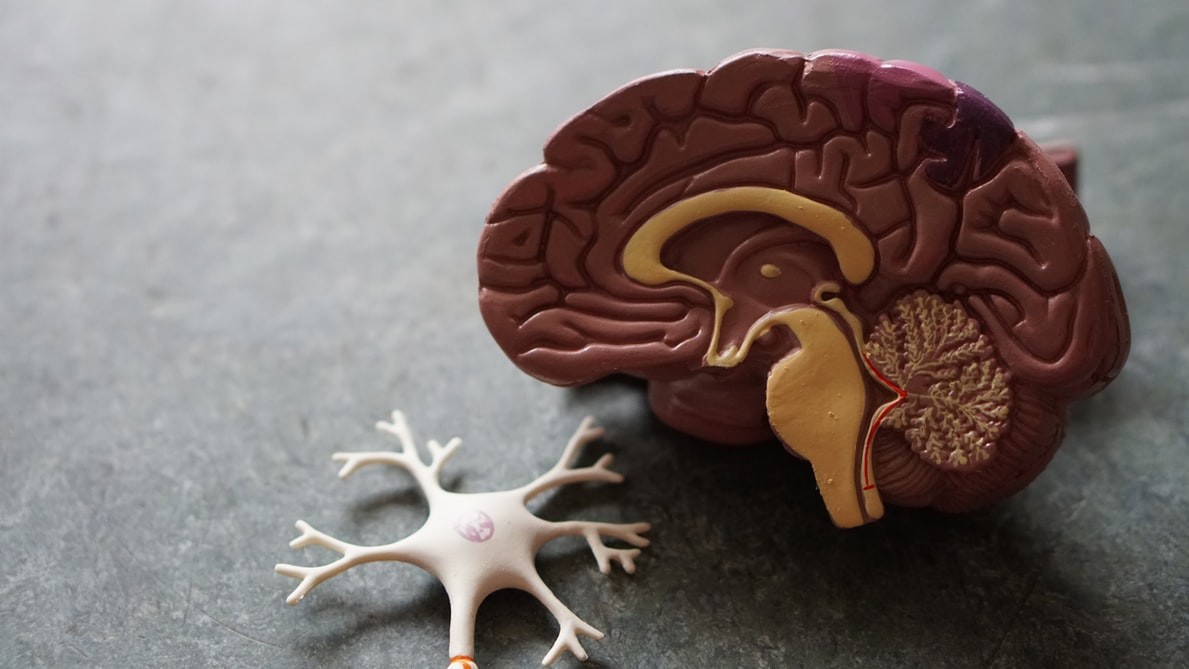
WVXU: Does a key Alzheimer's study contain fabricated images?
A theory on what causes Alzheimer’s disease has been called into question following a recent investigation by Science Magazine that found potential image manipulation in a key 2006 study. The influential study popularized the “amyloid hypothesis” that Alzheimer’s disease is caused by sticky amyloid plaques in the brain.
The University of Cincinnati’s Alberto Espay, MD, professor of neurology in UC’s College of Medicine and a UC Health physician, has been outspoken in his questioning of the theory for years, noting that every subsequent study has disproven the amyloid hypothesis, despite nearly 2,300 articles citing the 2006 study and approximately $287 million in federal funding supporting this line of research.
Espay joined Charles Piller, author of the Science Magazine investigation, on WVXU's Cincinnati Edition to discuss the controversy and the future of Alzheimer's research.
"By the age of 85 years, which is in a normal lifespan, 60% of us will have these amyloid plaques, and yet only 10% of us will have dementia," Espay told Cincinnati Edition. "So that’s prevalence five times lower than predicted if amyloid were toxic."
Espay argues that amyloid plaques are a “consequence, not a cause” of Alzheimer’s disease. Cognitive impairment, he said, could be due to a decline in levels of a specific brain protein called amyloid-beta peptide, which then leads to the accumulation of amyloid plaques in the brain.
"My hope would be that this would be the greatest incentive that we needed to take on in order to revisit what is it that we used as the reason for which Alzheimer’s appears," Espay said. "It’s really overdue for a complete revisitation, and we need to think about our patients because they really need for us to not just simply be connected to an idea just because it’s compelling."
Listen to the Cincinnati Edition segment.
Dr. Espay also spoke about this topic on 55KRC's Simply Medicine radio show and podcast. Listen to the Simply Medicine segment. (Note: Segment begins around 1:25 mark.)
Read more about Espay’s research and alternative hypothesis for the cause of Alzheimer’s disease.
Featured photo at top courtesy of Unsplash.
Related Stories
Ohio could soon make breast cancer screenings more affordable
May 9, 2025
The University of Cincinnati Cancer Center's Ann Brown was featured in Local 12 and Cincinnati Enquirer reports on a bill introduced by Rep. Jean Schmidt in the Ohio legislature that seeks to eliminate out of pocket medical expenses such as copays and deductibles associated with supplemental breast cancer screenings.
Preparing students for artificial intelligence in education
May 8, 2025
Laurah Turner, PhD, associate dean for artificial intelligence and educational informatics at the University of Cincinnati's College of Medicine, recently joined the For The Love of EdTech podcast to discuss the usage of personalized learning and AI coaches to enhance educational experiences.
UC lab-on-a-chip devices take public health into home
May 8, 2025
University of Cincinnati engineers created a new device to help doctors diagnose depression and anxiety. The “lab-on-a-chip” device measures the stress hormone cortisol from a patient’s saliva. Knowing if a patient has elevated stress hormones can provide useful diagnostic information even if patients do not report feelings of anxiety, stress or depression in a standard mental health questionnaire.
